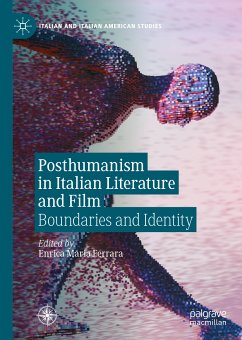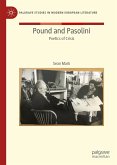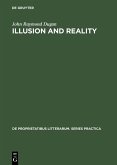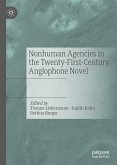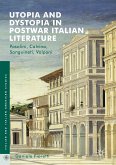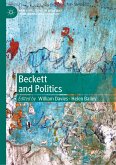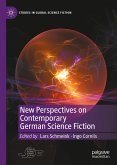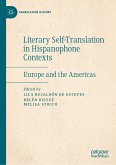Italian contribution to contemporary debates on the posthuman. The contributors
to Posthumanism in Italian Literature and Film: Boundaries and Identity show how
the culture that gave the world modern European humanism has also produced
some of the most radical and searching critiques of what it is to be human in the
modern and late modern age.'
- Michael Cronin, Professor of French, Trinity College Dublin, Ireland, and
author of Eco-translation (2017)
'Brilliantly edited by Enrica Maria Ferrara, Posthumanism in Italian Literature and
Film expands the canon of posthumanist literary studies, enriching it with
unexpected topics and voices. In a dazzling sequence of chapters on Leopardi,
Pirandello, Elena Ferrante, Gianni Celati, Michelangelo Antonioni, and a number
of contemporary storytellers andfilmmakers, the authors of this fascinating book
follow the human as it emerges from a tangle of organic and inorganic substances,
DNA and energy sources, mobile phones and microbes, technology and politics.
An engaging read, it is yet another testimony to the established presence of
Italian culture on the scene of posthumanities.'
- Serenella Iovino, Professor of Italian Studies and Environmental Humanities,
University of North Carolina at Chapel Hill, USA
As humans re-negotiate their boundaries with the nonhuman world of animals,
inanimate entities and technological artefacts, new identities are formed and a
new epistemological and ethical approach to reality is needed. Through twelve
thought-provoking, scholarly essays, this volume analyzes works by a range of
modern and contemporary Italian authors, from Giacomo Leopardi to Elena
Ferrante, who have captured the shift from anthropocentrism and postmodernism
to posthumanism. Indeed, this is the first academic volume investigating narrative
configurations of posthuman identity in Italian literature and film.
Dieser Download kann aus rechtlichen Gründen nur mit Rechnungsadresse in A, B, BG, CY, CZ, D, DK, EW, E, FIN, F, GR, HR, H, IRL, I, LT, L, LR, M, NL, PL, P, R, S, SLO, SK ausgeliefert werden.

